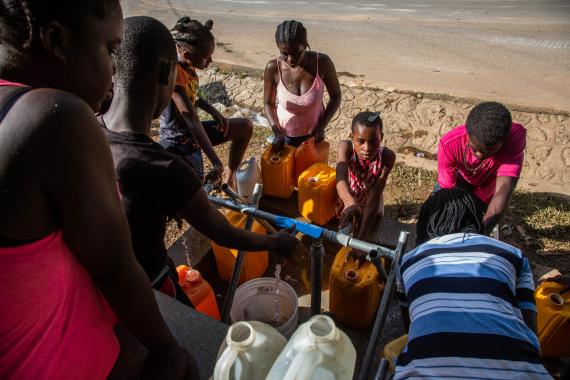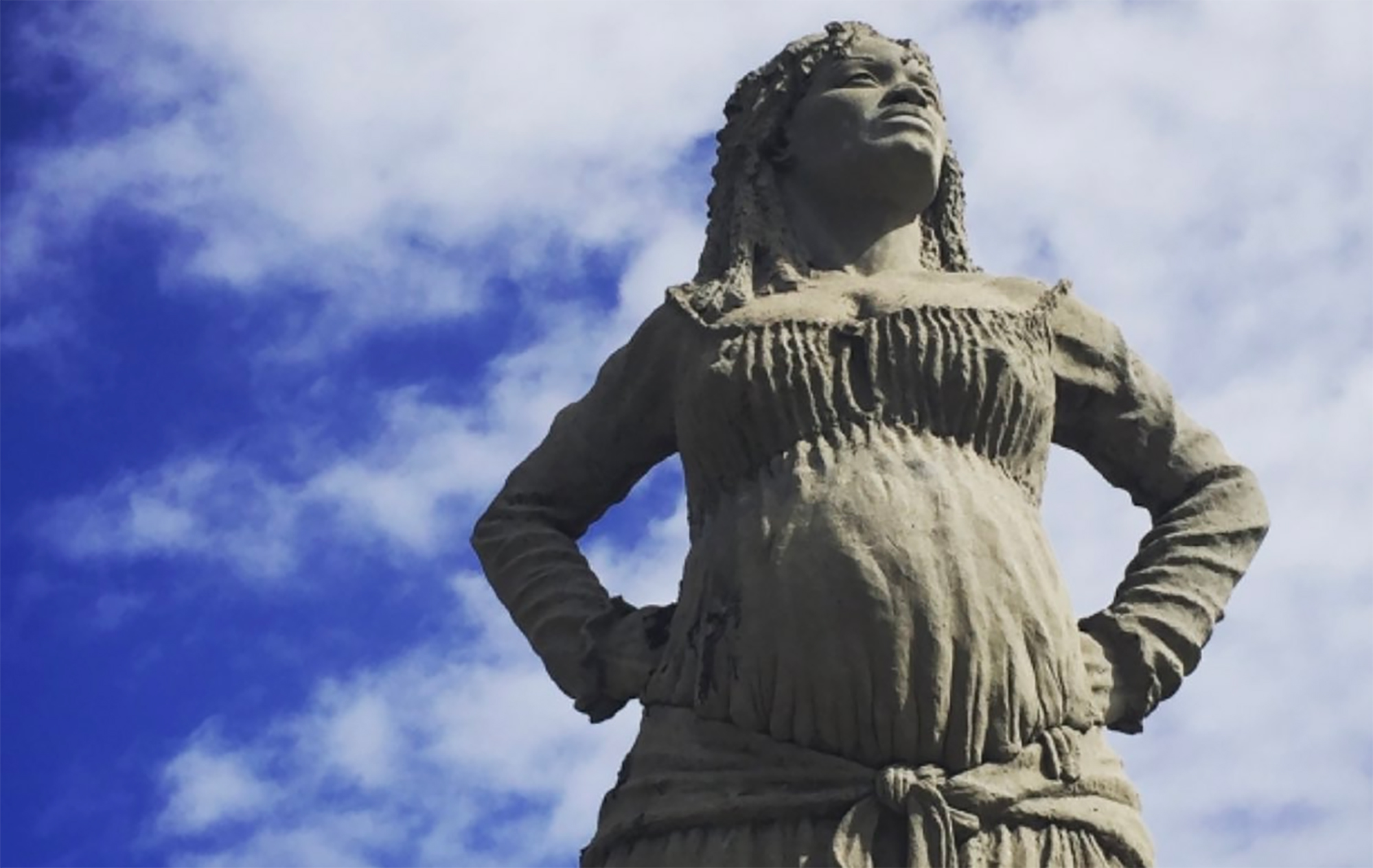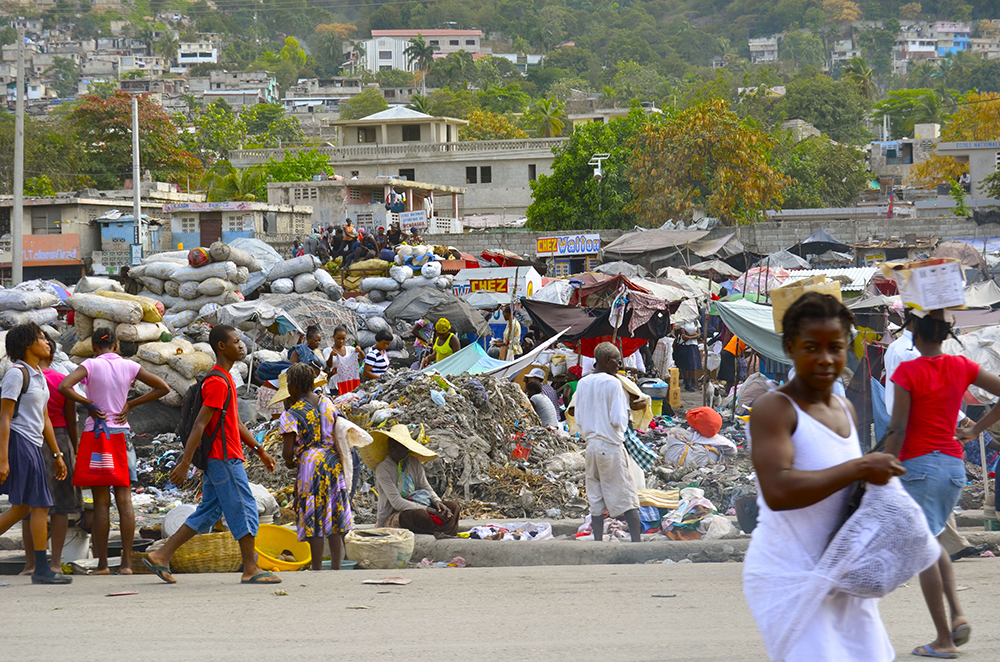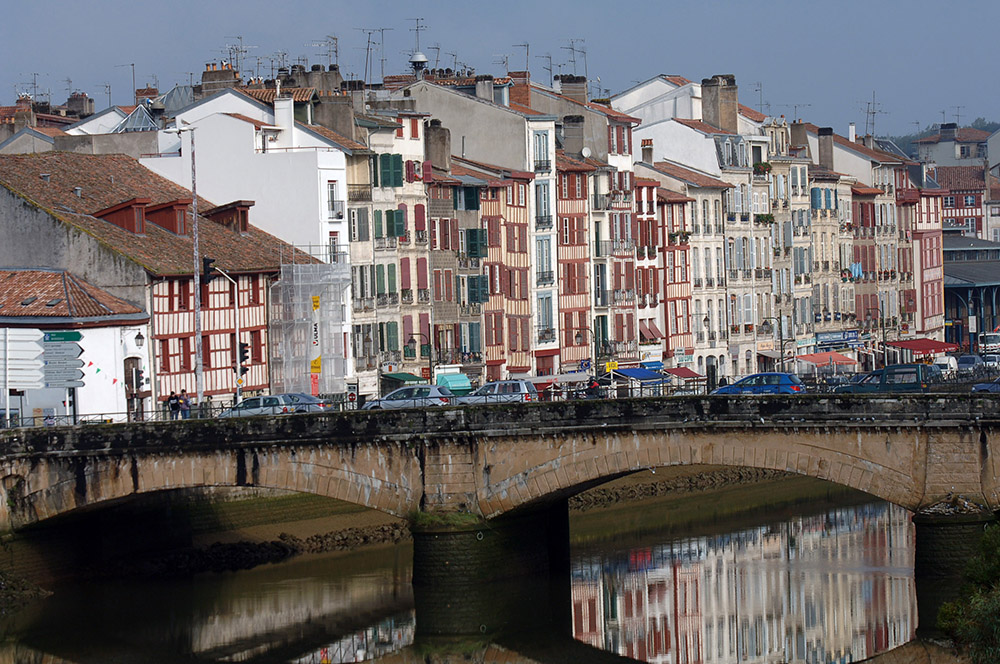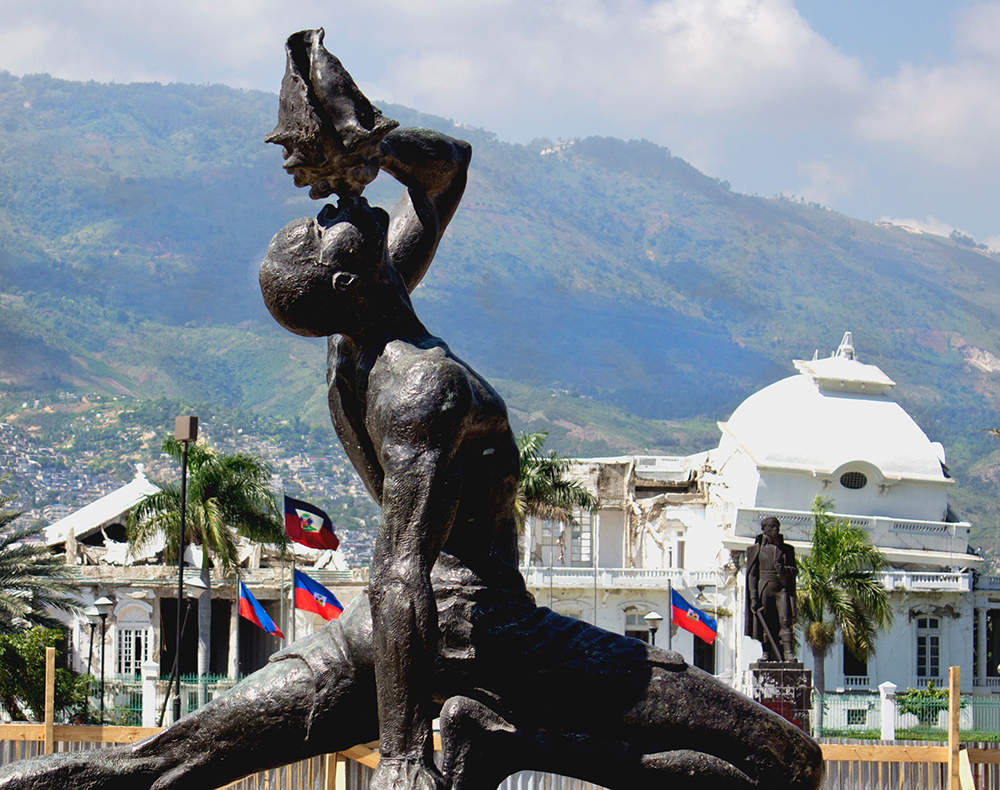Saturday earthquake in Haiti causes over 1,400 deaths
- The magnitude 7.2 earthquake has caused the destruction of the country. The rescue teams continue to rescue the people trapped under the rubble that is causing the explosion. Hospitals are collapsed and there is a shortage of water and food. Heavy rains are also planned for the next few hours, which will make it difficult to carry out the accompanying tasks.

Last Saturday's earthquake in Haiti has killed 1,419 people and wounded nearly 6,000 people, according to data provided this Monday by the country's Civil Protection Agency. However, the figures may rise: the rescue teams continue to work, have not managed to reach the areas most affected by the disaster and the rains of recent hours will make the work even more complicated.
The epicenter of the 7.2 magnitude earthquake has been located about 30 kilometers from the city of Les Cayes. This urban center has been the most affected, and the rescue teams have gathered at the scene. Other locations in the southern department have been isolated by the impact of the earthquake and rains, which have cut bridges and roads.
They are also unable to provide adequate care for the wounded who are able to reach hospitals. Haitian Civil Protection Agency Director Jerry Chandler has told Reuters that there are very dysfunctional facilities in Haiti, that they do not have the necessary means, and that hospitals that are functional are full of patients.
Sterens Yppolyte, a practitioner at the Immaculate Conception of Les Cayes, has explained to The Guardian that many children and the elderly are being cared for by a group of recruits and recruits. Most of them have broken arms or legs and are injured by the rubble that falls from the buildings affected by the earthquake. “You do what you can, but there are not enough orthopedic doctors.”
The rescue teams are collaborating with the population trapped in the rubble. According to the data, about 13,000 houses have been destroyed by the earthquake and their roads have been overflowing by rubble. Citizens have concentrated on tents, on the streets, in fear of their homes falling. The support teams are organizing more adequate housing, and in the face of the shortage of water and food, they are carrying out supply tasks.
Rains, in the next few hours
Following the earthquake on Saturday, heavy rains have been recorded in the area of Haiti. According to weather forecasts, the most water is expected by Monday night and early Tuesday hours. The tropical cyclone Grace can cross areas devastated by the earthquake, where there is a risk of flooding and landslides, as well as blocking roads and hampering rescue work.
2010 earthquake
11 years ago in Haiti there was an earthquake that killed more than 200,000 people. The shaking, of magnitude 7, was smoother than Saturday, but the epicenter was closer to the popularized capital, Port-au-Prince. After the 2010 disaster, international aid arrived, but there were some problems in managing it: many cases of corruption were reported, because non-governmental humanitarian aid organisations used it as they wanted in financing, according to the Berria media.
On this occasion, funding will be managed by the Government. Haitian President Ariel Henry has announced that the Department of Civil Security will manage international aid through the country. The objective, he added, is to act in an "orderly and orderly" manner to achieve this objective.
Haiti is in crisis
The natural disaster of the weekend has only increased the problems of the poorest country in America. Haiti is experiencing, in addition to a profound economic crisis, a situation of social and economic instability in the region of Haiti. On June 7, former President Jovenel Moïse was shot dead at home (among other things, he was attributed intellectual authorship to Dr. Christian Emmanuel Sanon and investigated the Venezuelan company CTU and one of the U.S. lending companies. The President, Ariel Henry, took office on 21 July. The elections are scheduled for next month in Haiti.
Despite the black skin and curly hair, they remained invincible men, with the intelligence and resentment of human beings.” So he wrote about the slaves CRL James in the book Jakobino Beltzak, who masterfully narrates the Haitian revolution. So many brutalities, torture and... [+]












